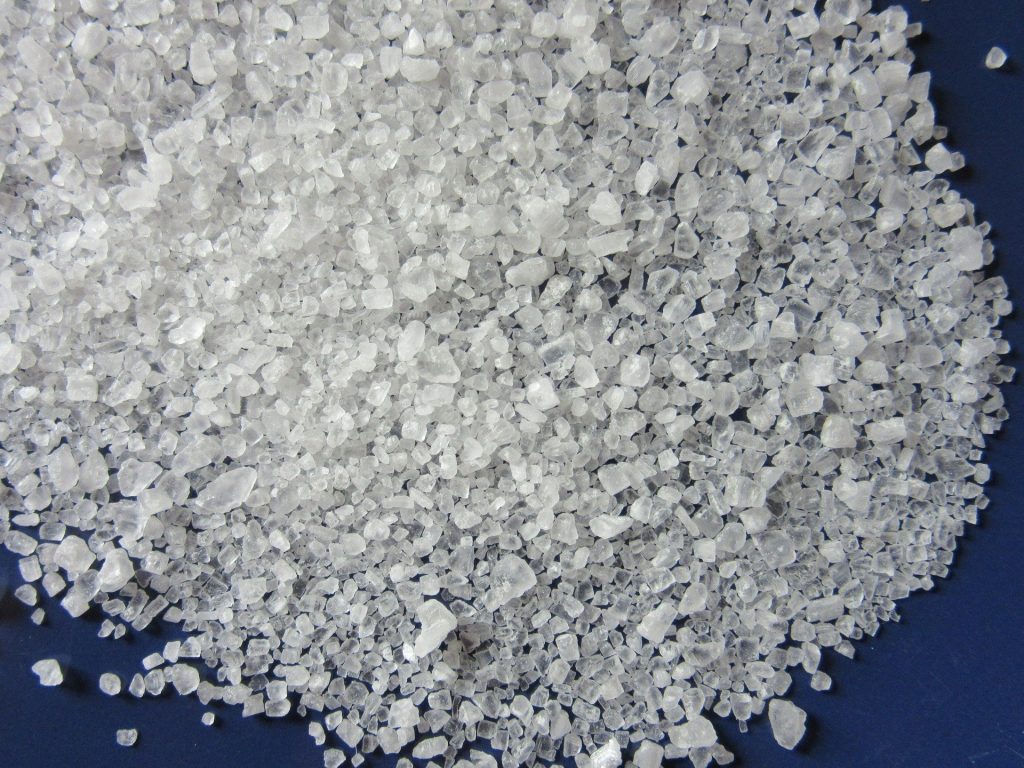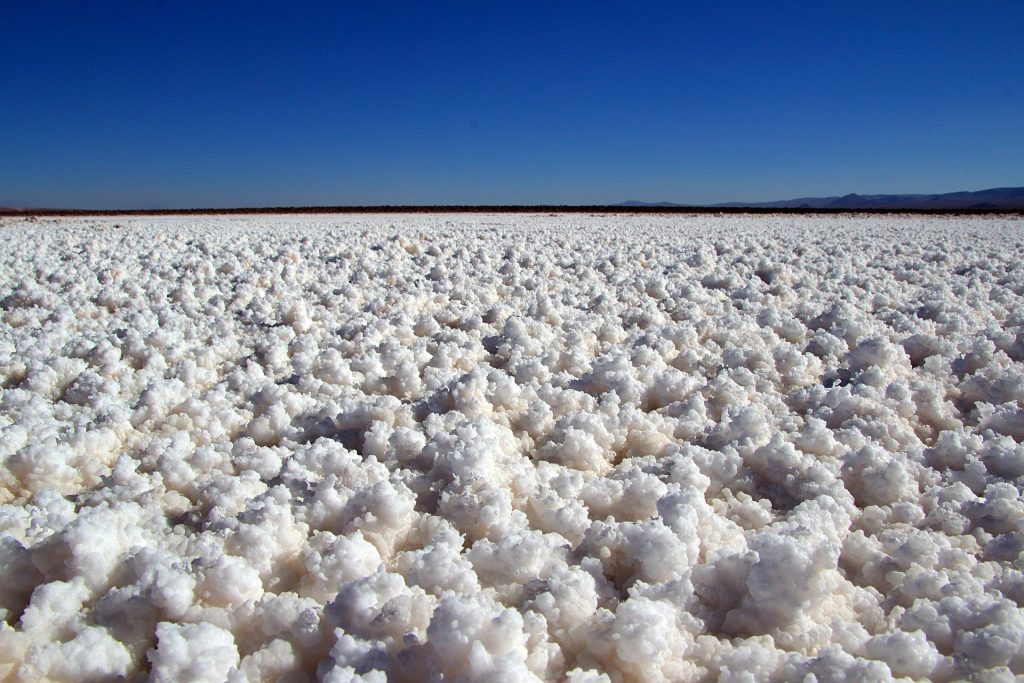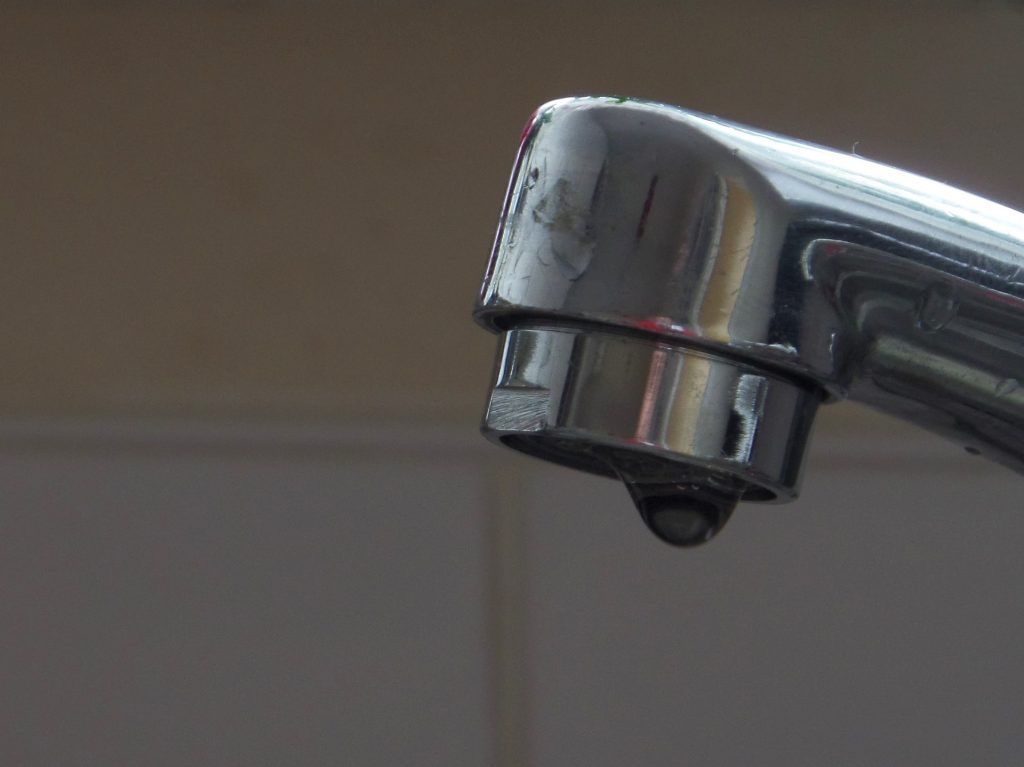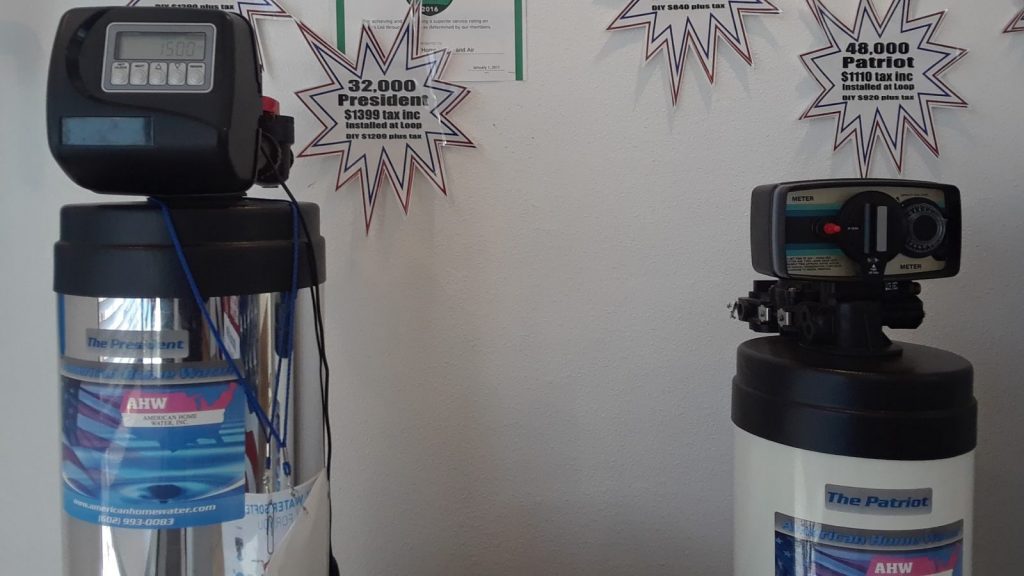Whether you’ve recently purchased a water softener or are simply looking to optimize an old unit, choosing the best water softener salt is key to ensuring the highest quality of water possible. While it may be tempting to use any type of salt, keep in mind that not all salt is created equal. This is especially important to consider if you are using a system that produces purified water, such as reverse osmosis water or distilled water, as the quality of the salt can impact the final product. At American Home Water and Air, we’ve been installing water softeners in Phoenix for more than 35 years. In this post, we’ll share some of the salt selection tips we’ve picked up over the years. These tips will help you ensure proper water softener function for years to come.
Why Should You Care About Choosing The Best Water Softener Salt?

At American Home Water and Air, we’re pretty excited about HVAC and water treatment equipment. We understand, though, that not everyone finds these topics particularly enthralling.
However, what you should find enthralling is the concept of saving money and ensuring your family remains in good health. These are among the chief benefits of using a water softener. If you know anything about how water softeners work, you’ll know that they simply don’t function without a supply of good salt.
In a nutshell, water softeners facilitate a process known as “ion exchange” that sees calcium and magnesium ions in your water swapped for sodium (salt) ones. These sodium ions come from the salt stored in your water softener’s brine tank. As part of maintaining your water softener, you need to refill this brine tank at least once per month.
With bad (impure) salt, this maintenance step will be complicated by the need for rigorous cleaning of grime that can collect within the brine tank. This grime can also increase the likelihood of salt bridges, solidified layers of salt that make it hard to gauge your brine tank’s levels.
Best Water Softener Salt Reviews: The Different Types
Let’s take a look at the most common types of water softener salt and what applications each variant is best suited for.
Sea Salt
As its name would suggest, sea salt is mined from the sea. You’ll occasionally see it referred to as “solar salt” as well due to the manufacturing process. This process involves exposing a pond filled with seawater to sunlight and wind. These elements cause the brine pond to become increasingly concentrated until the salt within forms a solid block containing salt crystals.
Advantages
Sea salt is cheaper and more widely available than some other options. It’s also purer than rock salt, which can decrease the likelihood of salt bridges.
Disadvantages
While sea salt is cleaner than rock salt, it’s not the cleanest option out there. Quality (specifically purity) can vary from product to product, making finding the best salt to use in your water softener a challenge.
Rock Salt
Rock salt is mined from prehistoric deposits underground. These deposits have built up over thousands of years, which is actually the source of a major flaw associated with using rock salt in your water softener (more on this shortly).
Advantages
As with sea salt, rock salt can be very easily found in stores. Some water softener sellers even carry rock salt and can deliver it to customers’ homes upon request. Given how common it is, rock salt is fairly affordable.
Disadvantages
Rock salt is typically the least pure option when it comes to water softener pellets. Unless it comes from a particularly pure mine, rock salt almost invariably contains other minerals that can clog up your brine tank and cause the formation of salt bridges.
This isn’t necessarily insurmountable — as long as you’re aware that you need to spend some extra time maintaining your water softener should you decide to use rock salt.
Depending on how environmentally conscious you are, you may share some of the concerns environmental activists have raised about salt mining (namely that it causes contamination of ecosystems and formation of sinkholes).
Potassium Chloride
While potassium chloride pellets are colloquially referred to as the “non-salt” option, technically speaking they are a type of salt. Food manufacturers even use it as a sodium substitute since it tastes roughly like the table salt most people are used to.
Advantages
As we explored in this article, many people use potassium chloride in their water softeners because they are afraid that regular sodium pellets will adversely impact their health. After all, ions from whatever is in your brine tank will seep into your water supply as part of the softening process.
Using potassium chloride can be beneficial for people with specific health conditions that require micromanagement of their sodium intake. For most healthy people, however, the amount of sodium that salt introduces to your water is negligible, as confirmed by several health authorities (see the link above to our detailed article on this topic).
Disadvantages
Potassium chloride can best be described as a water conditioner rather than a true softener. It crystallizes the mineral concentrations in your water rather than removing it. This will still prevent hard water from forming scale in your pipes and appliances but many experts don’t consider it to be as effective as true softening, which involves the ion swap process mentioned earlier.
Potassium chloride also costs more than other types of softener salt, which means you’re paying an excessive amount while getting inferior performance.
What Is The Best Water Softener Salt? Evaporated Salt
Many water softener manufacturers consider evaporated salt pellets to be the best choice. These are pellets that have been distilled down to as much as 99.99% pure salt. One of the methods for doing this involves forcing water into underground salt deposits. The salt gets pumped back up where it is treated with heat and vacuum equipment.
Advantages
Because evaporated salt is so pure, using it results in less stringent brine tank maintenance requirements. The salt won’t get mushy or form salt bridges as easily as other, more impure types.
This equates to your water softener running more efficiently and, theoretically, lasting longer.
Disadvantages
There’s really only one disadvantage here, which is that evaporated salt can be costlier than some other, less pure varieties. This added cost may prove reasonable, however, given the fact that your water softener will perform more efficiently (possibly using less water) throughout its life.
Best Water Softener Salt Brand

Now that you know the best salt to use for a water softener system as far as type is concerned, let’s look at a few specific brands.
Morton
Morton is one of the biggest names in water softener salt manufacturing. They offer a variety of products, including evaporated salt and potassium chloride. Morton has stellar ratings on retail sites like Home Depot and their products are reasonably priced and compatible with most water softeners on the market.
Diamond Crystal
Diamond Crystal is another one of the best water softener salt brands. Alongside Morton, they are one of two major kosher edible salt manufacturers in the United States. Of course, you won’t be eating their water softener salt, but their reputation in this regard should give you an idea of what to expect.
Diamond Crystal has also patented a dual-handle design for their bags that allows you to pour the salt easily. This may not sound like a big deal but it’s something you’ll appreciate if you’ve ever spilled pellets all over your floor from a traditional bag.
Nature’s Own
For customers certain potassium chloride is the option for them, Nature’s Own is a brand worth considering. Keep in mind that, as mentioned earlier, it is costlier than other options.
Windsor Salt
Windsor is a good budget water softener salt brand to consider. Their System Saver II product is a very affordable choice for 99.7% pure water softener salt. They’ve been in business since 1893 as well. In other words, they’re a very experienced company that you can trust.
What Is The Best Water Softener Salt For High Iron?
The best water softener salt reviews need to address this question since it’s one that pops up quite frequently due to misconceptions among consumers. We explored this topic in greater detail here but we’ll briefly discuss it below.
Water softeners can remove iron but this is not their primary purpose. When you rely on your water softener to remove iron, it actually ends up hindering your system’s resin beads. The regeneration process doesn’t effectively remove this iron from the beads, meaning it continues to build up there until you intervene.
Avoiding this is not a matter of getting better salt but rather getting a proper filter that is designed to remove things that your water softener can’t.
What Is The Best Water Softener Salt For Well Water?
So far, we’ve been primarily focused on pinpointing the best salt for those who get their water supply from their municipality. The tips mentioned above still do apply to finding the best water softener salt for well water but there are some additional considerations to keep in mind.
Firstly, if you have a private well you need to conduct regular tests on its water quality. If you live in the Phoenix, Arizona area, our staff here at American Home Water and Air can give you a hand with that.
You also need to consider factors such as:
- the quality of the well’s construction
- the well’s maintenance status
- what (if any) industrial activities are taking place near the well
These factors will determine the most suitable filtration setup for your home, including what salt you are best off using for your water softener.
Which Water Softener Salt Is Best? Conclusion
In this post, we took a close look at the best salt to use in water softeners. As mentioned above, there are several types of salt on the market but the best all-around pick is evaporated salt, which is highly pure. This purity means it is less likely to cause issues such as salt bridges and grime buildup within your brine tank.
For those with conditions that require a high degree of consciousness about salt intake, potassium chloride is a good pick.
If you live in the Phoenix, Arizona area and are still unsure about which water softener salt to choose, give us a call at American Home Water and Air. We’ve helped thousands of Phoenix residents just like yourself install and maintain their water softener systems over the past 30 years. We’ll be happy to give you a hand.
Frequently Asked Questions
What type of water softener salt is best?
Evaporated salt is generally considered the best type of water softener salt. You can find it in many brands. If you live in the Phoenix area, contact us and we can arrange for delivery.
Does it matter what kind of salt I use in my water softener?
It absolutely does! Various water softener salts perform differently. Using the wrong salt can lead to poor softener performance, salt bridges, and other issues.
What is better for a water softener – salt or potassium?
Salt generally gets the job done better than potassium but either will deliver decent performance. Potassium simply prevents the minerals from sticking to surfaces in your home, unlike salt which actively neutralizes it.
Can you eat water softener salt?
Generally, yes, but you should refer to the manufacturer’s instructions concerning this. Diamond Crystal, for example, states that their salt is “completely safe” to consume. This is an important consideration since, whatever salt you choose, you will end up consuming it as a result of how water softeners work. That’s not to say you’ll necessarily want to use the salt to season your food, though; the pellets tend to be quite big.
Is water softener salt the same as table salt?
Table salt is iodized salt that has been specially-processed to meet food safety requirements. While water softener salt is safe to consume (and does have some similarities to table salt), they’re not really the same thing.
How often do you add salt to water softeners?
You need to refill your water softener’s brine tank at least once monthly. You ought to keep a close eye on the brine tank’s level to determine when it needs refilling.










